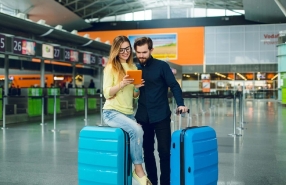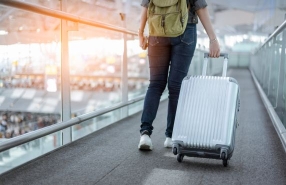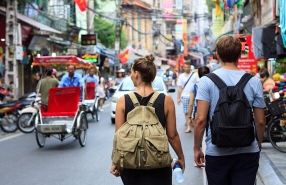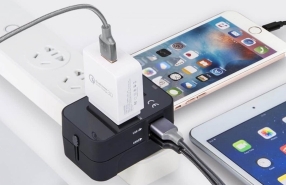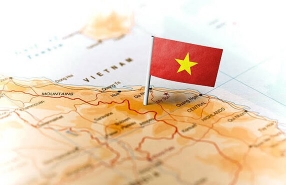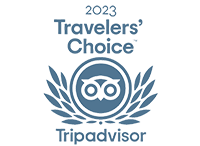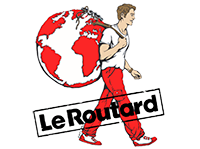Can You Travel To Thailand With Unapproved Drugs ?

Traveling to Thailand requires understanding the rules regarding the importation of medications. Some substances, even common in your country, may be considered unauthorized medications in Thailand or unapproved drugs in Thailand. It is therefore essential to know which molecules you can legally bring, how to bring medications to Thailand without issues, and what procedures to follow to obtain a permit if necessary. This practical guide clearly explains the categories of medications concerned, the required authorizations, as well as the risks involved in case of non-compliance, to prepare your trip with complete peace of mind.
List of banned drugs in Thailand for tourists
I. What are unapproved drugs in Thailand?
In Thailand, certain treatments considered common in other countries are classified as banned drugs in Thailand or strictly regulated due to their narcotic or psychotropic properties. These may include:
opioid painkillers: codeine, oxycodone, fentanyl – used to treat moderate to severe pain.
anxiolytics: diazepam, alprazolam – used to reduce anxiety, stress, and sometimes sleep disorders.
strong sleeping pills: zolpidem, zopiclone – help induce or prolong sleep but can create dependence.
The principle is simple: even if your treatment is legal in your country, it may be prohibited or subject to strict control upon entering Thailand. It is therefore essential to check the classification of your medications before departure.
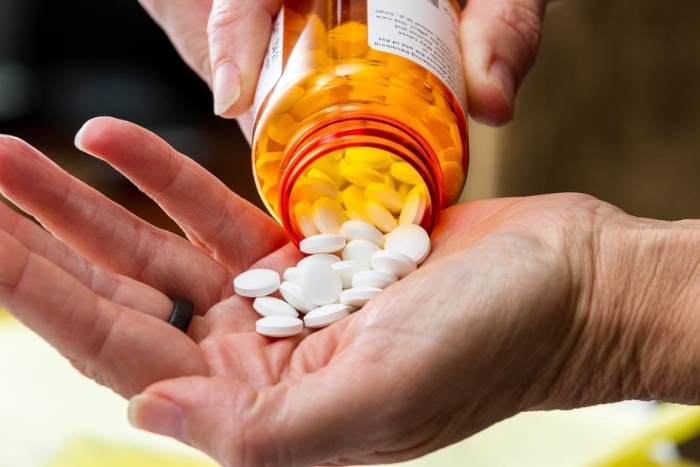
II. Thailand drug laws for tourists
Thailand allows tourists to bring non-controlled medications for strictly personal use, up to 30 days of treatment. To comply:
Keep the original boxes with clear labels.
Carry a prescription and a letter from your doctor indicating the treated illness, dosage, patient’s identity, and the doctor’s contact information.
Keep documents in your carry-on luggage.
In most cases, no customs declaration is required for these standard medications. Official guidelines come from the Thai FDA and embassies.
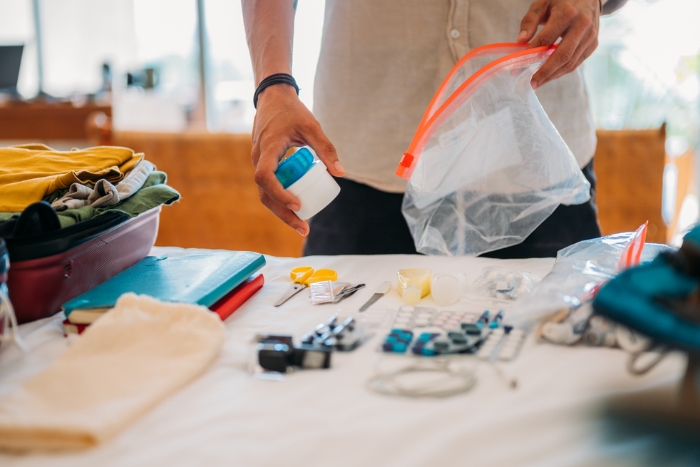
III. List of banned drugs in Thailand for tourists
Thailand applies very strict regulations regarding the importation of medications. Below is the list of unapproved drugs in Thailand, including substances considered without medical use and strictly prohibited under the Thai Narcotics Act (Narcotics Code and Act Promulgating the Narcotics Code, B.E. 2564, 2021). Travelers attempting to import them risk severe penalties, ranging from fines to confiscation, or even imprisonment. It is therefore essential to consult this list before departure to avoid any issues at customs.
1. Narcotics
Category 1: strictly prohibited. No tourist may import them. Examples: amphetamine, dexamphetamine, methamphetamine.
Category 2: permitted only with a prior permit for a maximum of 30 days of treatment. Examples: codeine, morphine, oxycodone.
Category 4: chemical precursors used for illegal manufacturing. Examples: acetic anhydride, acetyl chloride, anthranilic acid, ergotamine.
Category 5: prohibited plants and natural substances. Examples: opium poppy (Papaver somniferum), hallucinogenic mushrooms (Psilocybe cubensis).
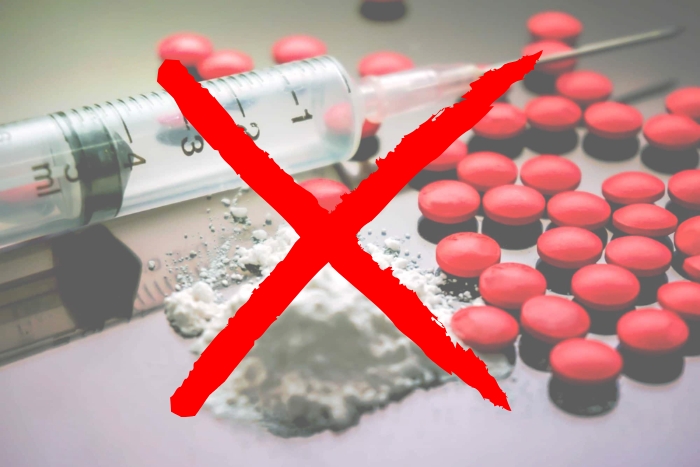
2. Psychotropic substances
Category 1: totally prohibited. Examples: GHB, cathinone, THC, dronabinol.
Categories 2, 3, and 4: allowed without a permit but only with a prescription and detailed medical documentation (records, doctor’s letter). Common medications: alprazolam, zolpidem, diazepam, phenobarbital.
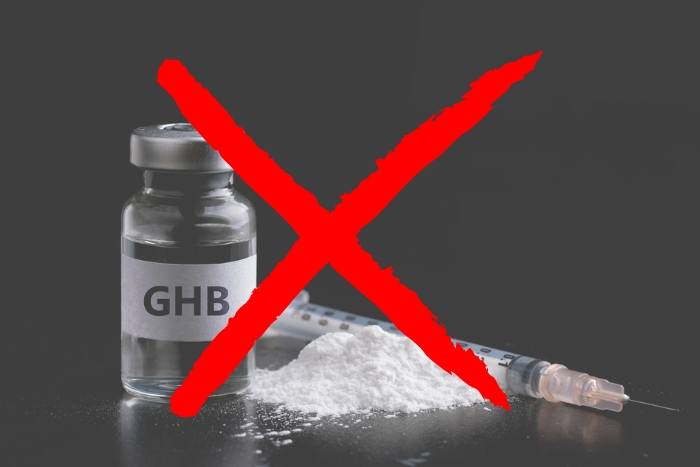
3. Important notes for travelers
Cannabis-based products: The import or export of any product containing cannabis (CBD or THC) is strictly prohibited, even if local consumption is partially decriminalized.
Medications legal in your country may be illegal in Thailand. Always check your treatments before departure and ask your doctor for alternatives if needed.
For Category 2 narcotics or Category 2 to 4 psychotropics, a prior permit may be obtained via the official Thai FDA portal: https://permitfortraveler.fda.moph.go.th
Always consult official sources or contact the FDA by email (tnarcotics@fda.moph.go.th) to avoid customs issues.
This information is based on guidelines from the Thai FDA and the International Narcotics Control Board (INCB). Rules regarding unapproved drugs in Thailand may change, so it is essential to check the latest updates before your trip.
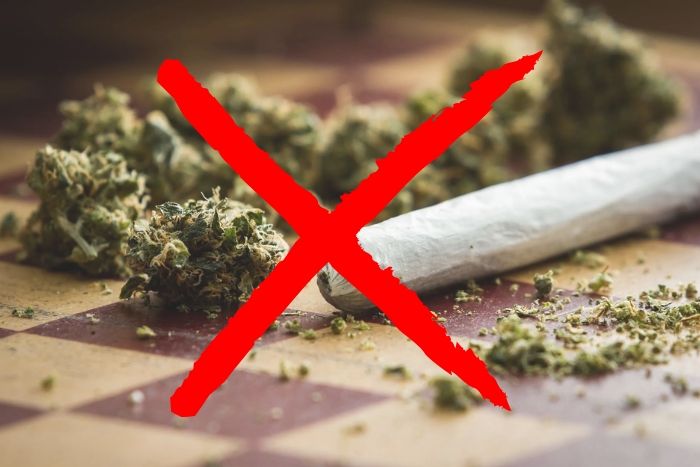
IV. How can tourists obtain a Thailand medication permit before traveling?
If your medication falls under Category 2 narcotics, you must obtain authorization from the Thai FDA before your departure. The process is free and entirely online. It is recommended to apply at least 15 days before your trip to avoid delays.
1. Check your medication : use the online tool: https://permitfortraveler.fda.moph.go.th to see if your treatment requires a permit.
2. Prepare your documents
Copy of your passport
Prescription or medical certificate in English or Thai specifying: patient name, illness, medication name, dosage, quantity, and doctor contact information
Trip information: dates, flight, accommodation address
Photo of the medication and packaging if requested
Ensure all documents are clear and scanned in PDF or image form.
3. Submit your application online : create an account on the FDA website, complete Form IC-2, upload your documents, and submit.
4. Wait for approval : processing usually takes 3 business days, sometimes up to 10 if documents are missing.
5. Receive and print the permit : if approved, you will receive a PDF permit by email. Print it and keep it with your prescription.
6. Upon arrival in Thailand : go through the Red Channel at customs and show:
the IC-2 permit
your prescription
your medications in original packaging
The quantity must exactly match the permit.
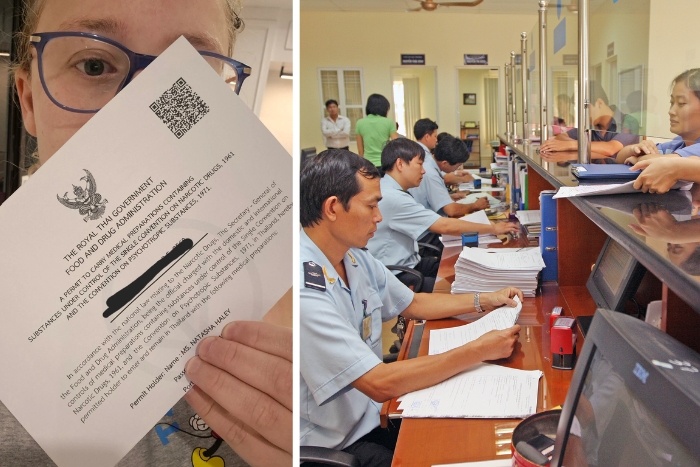
V. What happens in case of non-compliance?
Banned drugs in Thailand are strictly controlled. Consequences include:
Immediate confiscation at customs, even for personal use.
Significant fines, ranging from thousands to hundreds of thousands of baht depending on category and quantity.
Imprisonment, up to several years for Category 1 or 2 narcotics, and even life imprisonment in case of trafficking.
Other measures: expulsion, travel ban, and lengthy judicial procedures.
Thailand applies a zero-tolerance policy. Even for tourists, a mistake can have serious consequences. Always check your medications and obtain a permit if required before departure.
VI. Alternatives: buying medications in Thailand
If your medications are banned in Thailand, there are fortunately several simple solutions available locally. Thai pharmacies offer a wide range of treatments at low prices, such as antibiotics, painkillers, or antidiarrheals.
For more specific needs, you can visit a local doctor to obtain a new prescription. Consultations are affordable, averaging between 500 and 1000 THB, and most pharmacists speak English, making communication easier.
Some opioids, such as oxycodone or hydrocodone, are not available in Thailand. It is therefore advisable to plan medical alternatives with your doctor before departure. Overall, the healthcare system in Thailand is modern, reliable, and suitable for international travelers.
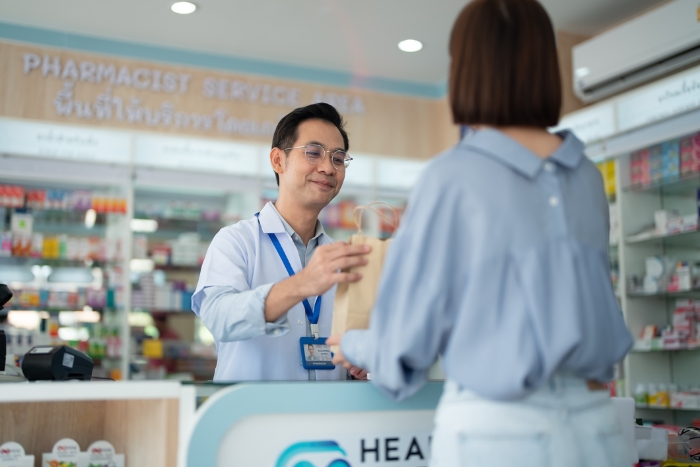
Transporting unapproved drugs in Thailand requires careful preparation. To avoid customs issues, check the classification of your treatments, keep your medical documents, and, if necessary, obtain an official permit while respecting authorized quantities. Even without going through a travel agency in Asia such as Autour Asia, these simple precautions ensure a calm and safe stay. Finally, as local rules evolve regularly, always consult official sources before departure to travel safely and in full compliance with the law.
>>> What to do and see in Ayutthaya in November ?
>>> What to do in Koh Samui in November ?
>>> Thailand Travel Guide
>>> Thailand itinerary 2 weeks
>>> Thailand Tours
When visiting Thailand, tourists should understand what is illegal to avoid serious legal issues. One of the important don’ts in Thailand for tourists is to never possess, use, import, or export illegal narcotics, as penalties can include heavy fines or imprisonment. E-cigarettes and vaping devices are also banned, and carrying them may result in confiscation or charges. Additionally, some prescription drugs are considered restricted medicine in Thailand, meaning travelers must bring a doctor’s note and keep medication in original packaging. To stay safe, respect local regulations, avoid drug-related activities, and stay informed during your trip.
While planning Thailand itinerary 2 weeks, tourists should understand that drug laws in Thailand are extremely strict, and possession, use, import, or export of illegal narcotics or unapproved drugs in Thailand can lead to severe penalties. Even small amounts of heroin, methamphetamine, or amphetamine derivatives may result in imprisonment, heavy fines, or, in extreme cases, the death penalty. Although medical cannabis is legal, recreational use is controlled, and police conduct random drug tests in nightlife areas. Travelers bringing prescription medicine should carry a doctor’s note.
Category 1 drugs in Thailand refer to highly dangerous narcotic substances with no recognized medical use, and are considered among the banned drugs in Thailand. This category includes substances such as heroin, methamphetamine, and certain amphetamine derivatives. The possession, production, import, or export of these drugs is strictly prohibited and can result in extremely severe penalties, including life imprisonment or, in the most serious cases, the death penalty. Even carrying small amounts for personal use is treated as a serious criminal offense.
Related travel guide
Other similar articles
CUSTOMIZABLE BY LOCAL EXPERTS
Personalized trip at the original price!
REFUND GUARANTEE
We believe in our work and promise to give you money back.
GOOD PRICE / QUALITY
95% satisfied more than expected!
24/7 LOCAL SUPPORT
We are always available online to provide assistance at any time.
Most read articles
Autour Asia is highly recommended on
Embracing the mission of "Satisfied more than expected" and providing authentic experiences, we have received numerous recommendations on reputable travel forums:











